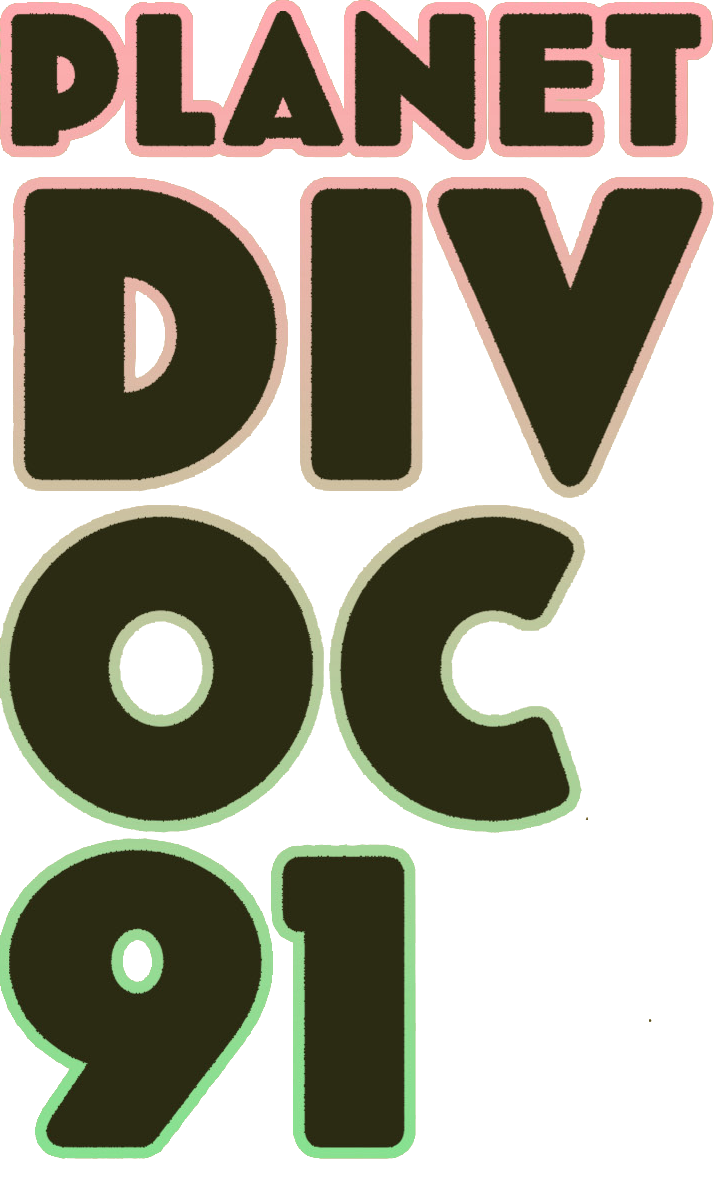The Pandemic Iceberg Paradox by Aishwarya Rohatgi
The Iceberg Paradox is like the tense pull of simultaneity and opposites where we coexist with a manifested problem on the surface but larger and deeper issues penetrate beneath. The pandemic is the current best representation of that anomaly: though we are combating a virus which is a threat to our physical health but its virulent impact is not restricted to the body, it has crippled our societal well-being, leading to a looming mental and emotional health crisis.
A lot has been said and written about how stress, anxiety, depression, PTSD, suicides, OCD, insomnia, and a plethora of other mental health conditions have been on the rise across the globe due to common reasons of isolation, social and financial insecurity, emotional distress, loss of loved ones, fear and uncertainty about the future, adaptation to virtual communication and working from home all because of restrictive protocols, lockdowns and physical distancing that have been the repercussions of tackling Covid-19 worldwide. The impact has been felt by all of us, but the vulnerable population—that is people with pre-existing mental illness, the elderly, frontline essential workers, medical and allied health professionals, marginalised sections like the LGTBQ+ community, sex workers, migrant daily wage labourers—have faced the brunt disparagingly.
I do not want to reiterate what has been highlighted numerous times but instead take an opportunity to give us all hope; there is indeed light at the end of the tunnel and focusing on solutions to mitigate the impending mental health pandemic should be our collective aim and responsibility.
The positive outcome so far is that we realize that most of the population’s mental health is in shackles and the first step towards taking action is to identify there is a problem. Therefore we are well begun and well begun is half done.
The next step is to introspect and look at the factors, situations, habits, and triggers that are worsening our mental peace. This can be done individually, through the medium of conversation with family, friends, and ultimately by seeking help from a mental health professional, or through official helplines. Efforts to reach out and attempt to access redressal mechanisms is equivalent to making progress.
The final and the most important step is to make the change, act on the advice, transform your choices despite the emotional upheaval that’s brewing inside you. Look for what works for you and follow that path diligently. Acceptance with pragmatic action is the key.

This explains how, on a personal level, we can try our best to keep our mental health amidst the pandemic in check, but social and behavioural science believes that until a society—an ecosystem and a governance framework—facilitates support to its residents, individual initiatives fail because health is a function of where we live.
Therefore, the use of policy instruments for affordable access to mental healthcare facilities and counselling avenues by the government and local bodies; collaborative effort with mental health advocating civil society; awareness generation and activities to destigmatise seeking treatment; and a continuum of information, education, and contextualised communication are all interventions that can create a safe, supportive space and allow people to battle their mental health issues with utmost vigour, because what’s beneath the surface of the iceberg is what causes disastrous impact and we are unable to foresee that due to our current short-sightedness. As far as the sections which have been disproportionately affected, targeted mechanisms to address their stressors is the need of the hour to ensure equitable access to mental health care services.
On a concluding note, I would say that preparedness and preventive measures are the only tools to be victorious against both pandemics: Covid-19 and mental health. We can wait for a vaccine to develop against the virus but the creation of a social vaccine encompassing empathy, kindness, mutual respect, solidarity, caregiving, evidence-based effective communication, and global cooperation against the perils of the mental health crisis cannot and should not be delayed.
On World Mental Health Day 2020, the WHO kickstarted the #MOVEFORMENTALHEALTH Campaign which signifies this year’s theme to galvanize greater investment and channel quality resources for accessibility to mental healthcare. So let’s join this movement in spirit and to propound mental health well-being for all.
Aishwarya Rohatgi is 26-years-old, a dentist, and currently pursuing a Masters in Public Health at Indian Institute of Public Health, Deli, under Public Health Foundation of India. Her interests include reading non-fiction, writing, pursuing fitness goals in the gym, and listening to music, as well as keeping engaged in the pursuit of learning new skills. She aspires to contribute to the public health sector, working with communities in the short term while pursuing a PhD in the field of health systems, policy, and financing. She also wishes to build a social entrepreneurship model addressing waste management issues and the challenges in healthcare delivery.

